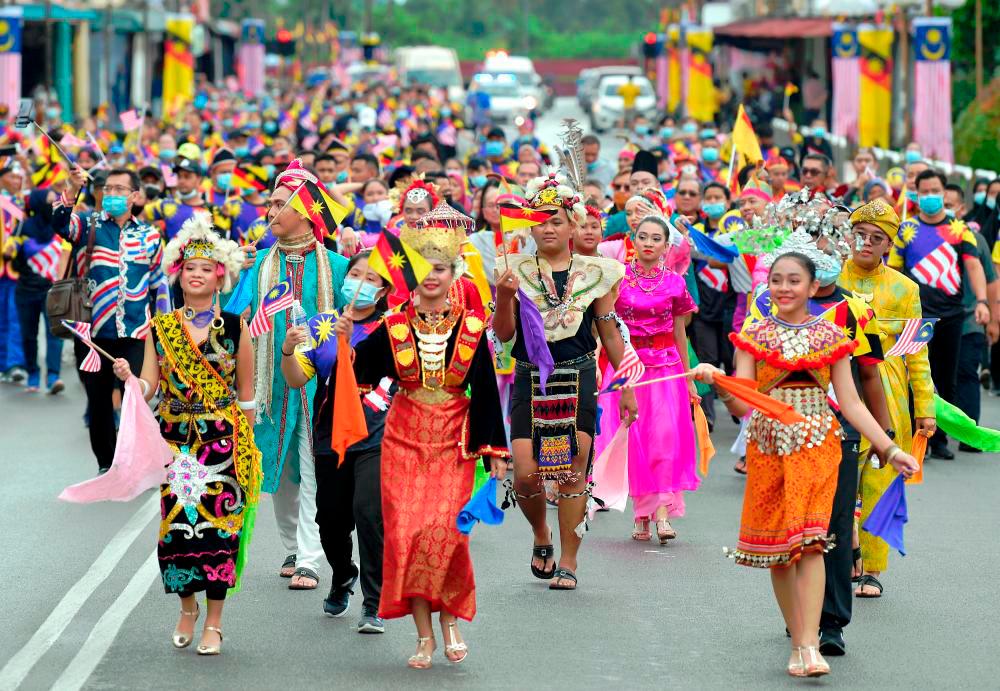GENUINE progress within any society starts when people engage and take responsibility for their future.
It begins with a common understanding of the importance of having constructive relationships with neighbours and participating in communal activities, such as cleaning, organising events and extending friendship in times of necessity and grief.
This culture of inclusiveness and unity transcends any political or religious ideology as well as ethno-religious divisions often exacerbated by elites in these spheres.
Recently, my Indian colleague shared a heartwarming story of multi-ethnic solidarity with me. He narrated an incident involving his son, who was in a road crash during a heavy rainfall.
He recounted how his son’s motorcycle skidded, leading to his fall. Due to the excruciating pain in his leg, his son found himself incapable of standing and had to sit on the wet road, helpless and in need of assistance.
At that moment, a group of Malay youths who happened to be passing by on their motorcycles spotted his son and stopped to offer assistance. One of them retrieved a cloth and used it to shield his son from the rain while another Malay youth positioned himself behind his son to offer support.
He added that the youths remained by his son’s side until the ambulance arrived.
My colleague, who arrived at the scene shortly thereafter, was deeply touched by the concern and kindness exhibited by these youths.
He said they sacrificed their time to remain by his son’s side, shielding him from the rain and ensuring he was not alone.
As my colleague narrated this story, I could not help but reflect on how the nation’s prominent political parties often exacerbate ethno-religious issues and contribute to societal division. In contrast, these Malay youths from Ipoh demonstrated a commendable example of what a genuine Malaysian identity should embody. They displayed unwavering solidarity with the injured Hindu youth.
The true meaning of Malaysia Day originates from grassroots efforts, rather than being dictated by elite politicians.
The unity among diverse ethnic groups will compel politicians, especially those who emphasise ethno-religious issues, to adopt a more balanced and moderate approach to politics.
The conduct of the Malay youths serves as a prime example of what it means to be supportive neighbours, illustrating the essence of community cohesion.
Instances of grassroots solidarity can also be observed in states such as Sabah and Sarawak, where local unity and cooperation between Muslims and Christians have effectively influenced the behaviour of politicians in those regions.
Therefore, the Association for Welfare Community and Dialogue encourages all Malaysians to strive for grassroots multi-ethnic unity and solidarity. This approach will temper the influence of radical ethno-religious politicians across the nation.
Ronald Benjamin
Secretary
Association for Welfare, Community and Dialogue









